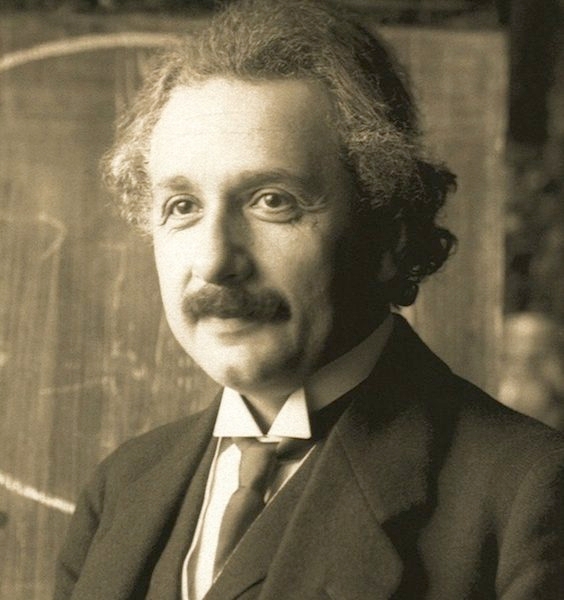
In 1946, history’s resident genius Albert Einstein was awarded an honorary degree by Lincoln University. After lecturing on physics during his speech, Einstein spoke out against some of the most pressing ills of American society. Calling racism a “disease of white people,” Einstein said he “did not intend to be quiet” about his opposition to segregation and racist public policies.
Though Einstein’s civil rights activist side might be little remembered today, it nevertheless was an essential part of his character (as was his Zionist activism). According to Einstein on Race and Racism, a 2006 book by Fred Jerome and Roger Taylor, Einstein went out of his way to form relationships with members of the black community.
For instance, the Nobel Prize-winning physicist was close friends with the singer-turned-activist Paul Robeson, and the two worked together on the American Crusade to End Lynching, a response to the uptick of the racially-motivated murders of black soldiers returning from war. In addition, Einstein testified as a character witness for the historian and activist W.E.B. Dubois when the co-founder of the NAACP was accused of “failing to register as a foreign agent.”
Einstein’s sense of duty is a nice reminder of his brilliance. Oh, and so is the fact that a 100-year-old theory of his was just proven right.
JTA has documented Jewish history in real-time for over a century. Keep our journalism strong by joining us in supporting independent, award-winning reporting.





